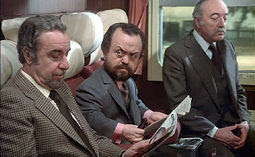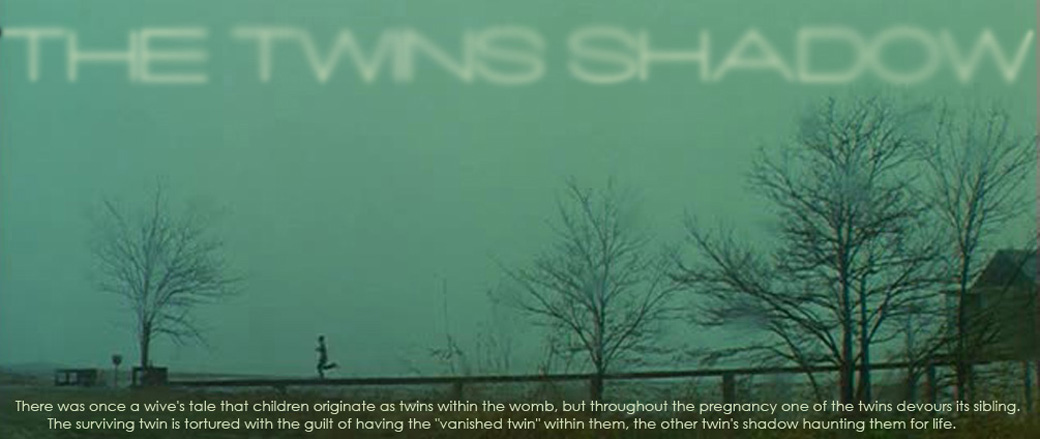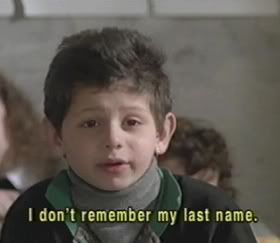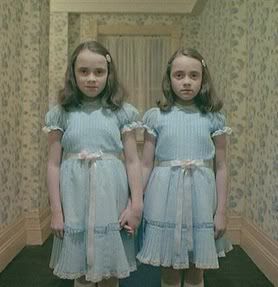"Done Because We Are Too Menny [sic]"
Etymology: Middle English, from Anglo-French oscur, obscur, from Latin obscurus
1 a : dark, dim b : shrouded in or hidden by darkness c : not clearly seen or easily distinguished : faint <obscure markings>2 : not readily understood or clearly expressed; also :mysterious
3 : relatively unknown: as a : remote, secluded b : not prominent or famous
Part Fifth Chapter IV
The morning after the arrivial of this sad, strange child into their lives, Jude and Sue make a more concerted attempt to get to know him.
"Him they found to be in the habit of sitting silent, his quaint and weird face set, and his eyes resting on things they did not see in the substantial world.
"His face is like the tragic mask of Melpomene," said Sue. "What is your name, dear? Did you tell us?"
"Little Father Time is what they always called me. It is a nickname; because I look so aged, they say."
"And you talk so, too," said Sue tenderly.-
 The "Jude the Obscure" rose.
The "Jude the Obscure" rose. It is extremely difficult to author ideas or thoughts when it feels like there is something lacking to my very sense of existence. It is ostensibly, that I have become a homo sacer in a microcosm. This seems strange on the surface but I wonder if such specific political/legal term can be applied, in the more intimate level of the unit of the social immediate. I am finding it increasingly more difficult to produce anything resembling a narrative in the absence of a narrator. I wonder if there is an ability to establish return. Real return.
Part Sixth
"... And she humbled her body greatly, and all the places
of her joy she filled with her torn hair."
--ESTHER (Apoc.).
"There are two who decline, a woman and I,
And enjoy our death in the darkness here."
--R. BROWNING.
'Done because we are too menny.'
"It was in his nature to do it. The doctor says there are such boys springing up amongst us--boys of a sort unknown in the last generation--the outcome of new views of life. They seem to see all its terrors before they are old enough to have staying power to resist them. He says it is the beginning of the coming universal wish not to live. "
 That Obscure Object of Desire
That Obscure Object of Desire
The terrorism in the film produces "a climate of insecurity and imminent disaster—an atmosphere we all recognize, because it is our own.”
Not only is this senseless violence a satire of the absurdity of the bloodshed that Buñuel witnessed in his lifetime (the main terrorist group in the film is named the Revolutionary Army of the Baby Jesus reflecting the Catholic fascism of his youth), but it also acts as the excess of reality that is in conflict with Mathieu’s desire for his metonymical order. To show that Mateo’s desires are only illusions rendered completely useless by their removal from reality, Buñuel ends the film with an explosion, illustrating the power of excess over Mathieu’s delusional attempts for order.
A hidden connection is stronger than an obvious one.
All men are deceived by the appearances of things.
- Hereclitus (the Obscure)
"I am but that I can not exist,
a variance of productions
and upholdings.
Gone but residue and longing"
 There is a key. The key explains nothing.
There is a key. The key explains nothing.






No comments:
Post a Comment